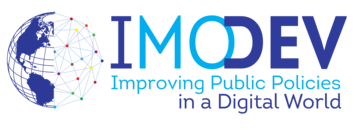Corruption & Open Gov. 1/2
Salle / Hall : FIE - Salle du Théâtre
Horaire / Schedule : 10h55 - 12h15
Président de séance : Daniel Carnio Costa (Magistrat, São Paulo - Brésil)
Langue / Language : English/Português
Speech 1. Technology Creep and the Corruption of the Criminal Justice System
Morgan Cloud - Charles Howard Candler Professor of Law (États-Unis)
This paper examines how the United States Department of Justice (DOJ) has sponsored the transfer of advanced cell site simulator technology, originally invented for use by the military in Iraq and Afghanistan, into domestic law enforcement. The paper focuses upon open government issues, specifically the DOJ’s years of extraordinary efforts to prevent the public, the press, litigants, criminal defense lawyers, and even the judiciary from learning about the use of this technology in the investigation and prosecution of state and federal crimes. These efforts continued until September 2015, when the DOJ and Department of Homeland Security finally acknowledged the existence and use of this technology in the domestic criminal justice system. I have checked several sessions (Workshop Thematic / Thématique de table ronde) for which this paper is relevant.
Speech 2. Electronic court auction as anti-fraud tool
Gianfrancesco Genose - Professeur, São Paulo School of Advanced Studies in Public Management and Finance (Brésil)
The Judiciary Branch as any state apparatus is liable to be the subject of fraud and favor the formation of mafias. The expropriation power of the judiciary allows the compulsory seizure of assets of the debtor and his destination to its public sale in order to satisfy the debt previously recognized for this same judiciary. However, the realization of these public auctions can be riddled to fraud in that these are restricted and accessible to as only a small group of people, regarding the possibility of offering bids, as well as monitor its fairness and legality. To the extent that the auction is carried out through electronic means, specifically the internet, the access to both bids as smoothness control and legality becomes diffuse and totally uncontrollable by alleged mafias that existed in the past. There is no doubt so the efficiency of the auction through electronic means as fraud instrument of judicial expropriation power.
Speech 3. Fighting Corruption with Evidence
Ho Yuen - MIT J-PAL (United States)
I will discuss several seminal randomized evaluations conducted by J-PAL affiliates on the topic of reducing corruption and leakages as well as emerging policy lessons from the literature. Throughout, the presentation will discuss how rigorous impact evaluations are relevant to and can inform policy. Specifically, I will discuss four examples from India and Indonesia covering the following topics: improving the transparency and delivery of a subsidized rice program in Indonesia; combating corruption in community development in Indonesia; improving third-party audits and regulatory compliance in India; and improving governance through biometric authentication and secure payments in India.
Speech 4. The fight against corruption in Cameroon
Pierre Belebenie - Lecturer, University Paris 1 Panthéon-Sorbonne
Since Cameroon became independant in 1960, this country has always been known as a very corrupt country. It means that corruption is not a new phenomenon, but it is worth mentionning that it has grown exponentially over the past 56 years . As a matter of fact, in 1998 and 1999, not surprisingly, Transparency International revealed that Cameroon was the most corrupt country in the world. After having carried out another survey between 2014 and 2015, Transparency International came up this time with the information according to which corruption is widespread in the police so much so that this institution is the most corrupt camerooninan administration, followed notably by Tax services and tribunals. What then is meant by « corruption » ? There is no doubt that grasping the real definition of this notion is likely to assist in finding the appropriate anti-corruption strategies. But it should be pointed out that there are as many definitions as the many academics and scholars who have attempted to define this notion. In examining the Cameroonian Criminal Code, it is found that the term « corruption » is not defined ; however, it is noted that the said Code deals with many forms of corruption, such as bribery,embezzelment and fraud. The fight against Corruption in Cameroun through Good Governance consits of a twofolds legal framework; on the one hand there are laws designed to deter or to sanction acts of corruption, and on the other hand, there are institutions aimed at illegal practices eradication. Besides the Criminal Code and many other laws, article 66 of the 1996 Constitution is the perfect deterrent in the sense that the President of the Republic, the Prime minister, ministers, governors, , senators, to name but a few, shall, for the sake of transparency, declare their assets and property at the beginnig and at the end of their tenure. Camerounian authorities have so far failed to enforce these provisions, thus leaving wide open the door to illegal practices. As regards institutions, the National Anticorruption Commission and the Special Criminal Court are the institutionnal pillars in the fight of corruption. But obviously, the fight against this deep rooted phenomenon in Cameroon is far from being a success. Instead, corruption is worsening day after day and everywhere, the reason being that it has never been tackled seriously. In the meantime, impunity is real whereas law enforcement is an illusion ; embezzelment is the favourite game of those who are in power when low salaries are given to civil servants who, in fact, can only make the ends meet thanks to illegal practices. Be that as it may, the best way to tacle corruption is to cure its causes, once they have been thoroughly identified.
Intervention 5. Government transparency, and the war on corruption
Marco Antonio Marques Da Silva - Phd, Senior Professor at PUC - SP, member of the supreme state court of São Paulo (Brésil)
Transparency of government activities is one of the most effective instruments in the prevention and fight against corruption. Various events, in different parts of the globe, indicate the necessity of effective measures with the aim to control and to make the services provided by the government transparent. Some places, like Italy for example, had the best success in the fight against corruption by utilizing legal but strong measures. In Brazil, due to its lack of transparency, through various clandestine relations between government bodies and private institutions, generated various illicit activities and a corrupt system which the likes have never been seen before, Therefore, is unequivocal that the actions of all sectors of the government must be more public, transparent and visible, not only to satisfy the populace but also to avoid such illicit and disprovable conducts.
Intervention 6. The Dip Financing in the Brazilian Judicial Restructurings: Regulation, Transparency and effectiveness
Alexandre Borges Leite - Post Graduation in Business Administration, Instituto do Capitalismo Humanista (
This article demonstrates the importance of the regulation of financing in Judicial Restructuring and Recovery, especially Dip Financing, so that company with momentary economic difficulty can effectively restructure itself maintaining its social function, in the perspective of humanist capitalism, with transparency for those players.
Intervention 7. How to build a more inclusive Global Economy?
Economista, Investigador Independiente (Mexico)
How to build a more inclusive Global Economy? This objective can not be achieved if the conditions of domination of a "Corrupt Market" and "A Corrupt State" remain. Corruption in the public sector and in the private sector threatens to frustrate global initiatives. The lack of certainty in the cycles of economic recovery and the patrimonial losses that inform governments each year, confirm this.
In most countries, of our global economic systems, only corruption is administered, it is not fought with a true principle of prevention and zero tolerance.
This time of international crisis requires countries, governments and peoples to promote structural changes to build new institutions and social assets, which lead us to have in each country: a transparent state and a transparent market; These changes would be the basis of a New World Economic Order. These ideas have been shared by me from Mexico and personally at OGP-London 2013, as well as, through writings and my Book: Transparency in the origin and destination of public resources from the municipalities, to consolidate democratic governance.



